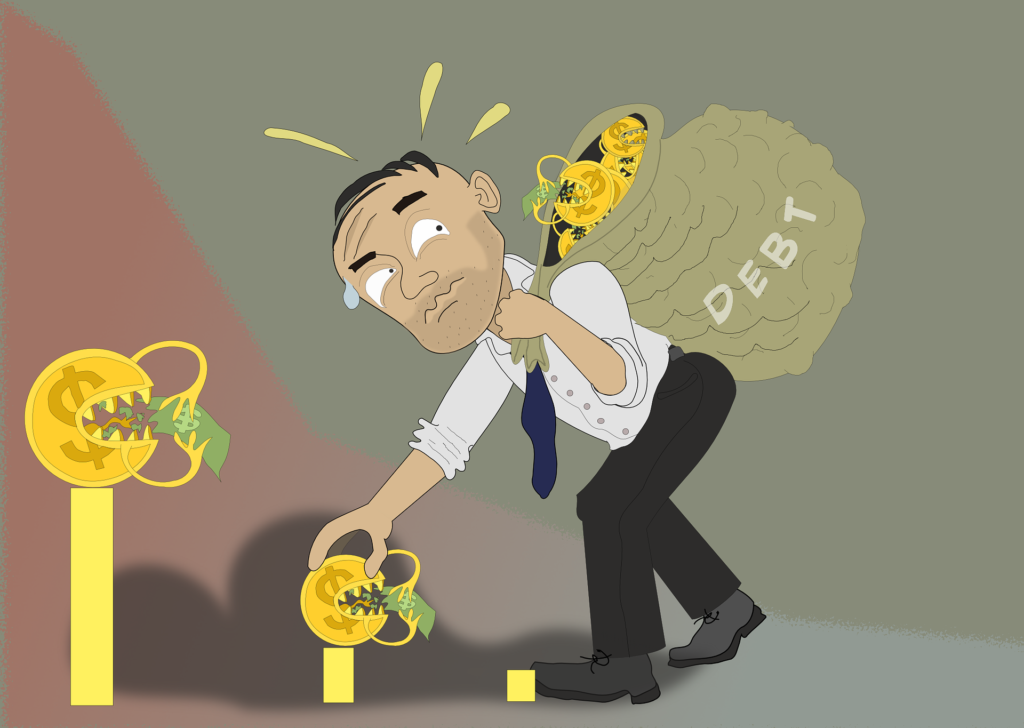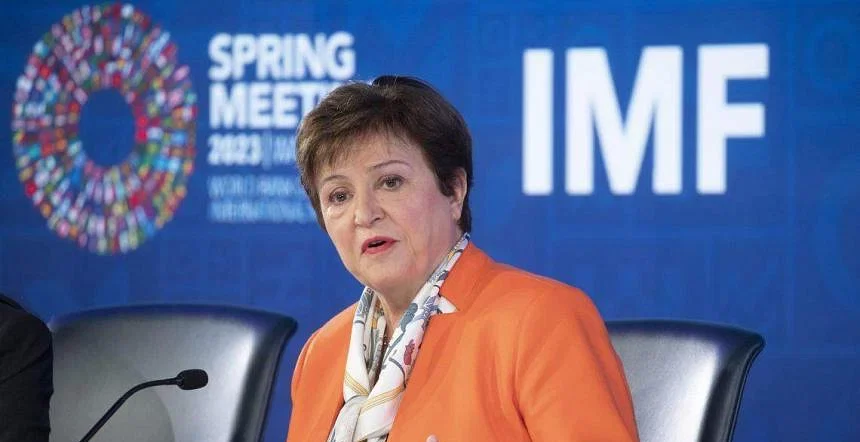Egypt’s annual headline inflation, which had declined for four consecutive months, reversed course in February, reaching 219.4 points with an annual rate of 36%, compared to 31.2% in the previous month, according to data from the Central Agency for Public Mobilization and Statistics (CAPMAS).
Price hikes
The significant increase was driven by soaring prices across various sectors, with notable price hikes observed in meat and poultry (25%), grains and bread (14.2%), fish and seafood (11.5%), dairy products, honey, and eggs (12.8%), oils and fats (14.1%), fruits (7.3%), vegetables (9.2%), and sugar and sweets (6.9%).
Monthly inflation surged to 11% in February from 1.7% in January, according to CAPMAS data. Similarly, the annual headline urban inflation rate rose to 35.7% in February, compared to 29.8% in January, according to the Central Bank of Egypt (CBE).
Meanwhile, Egypt’s monthly core inflation increased to 13.25% in February, up from 8.1% in the same month last year and 2.2% in January. Accordingly, the annual core inflation rate climbed to 35.1% in February, compared to 29% in January, according to CBE data.
Last week, the CBE raised key interest rates by 6% and floated the Egyptian pound, resulting in the currency depreciating by over 60% against the US dollar.
In the short term, these actions are expected to exacerbate the inflationary pressures Egypt has been facing for the past two years. The official exchange rate of the US dollar has surged from nearly EGP 31 per USD to almost EGP 49 per USD.
Soaring inflation
Egypt has been contending with double-digit inflation for nearly two years due to global commodity price hikes and disruptions in the global supply chain. To address this, the CBE has implemented various measures, including tightening monetary policy by raising key interest rates.
Since March 2022, the CBE has raised key interest rates by a total of 19% (1900 basis points), with an 8% increase in February and March of this year alone.
The CBE has acknowledged that foreign exchange shortages have weighed on the domestic economy, resulting in a parallel exchange rate market and hindering economic growth. External factors, such as global inflationary pressures and successive shocks in the world economy, have further exacerbated underlying inflation and heightened risk-off sentiment.
CBE Governor Hassan Abdalla has expressed confidence that these recent measures will help alleviate the inflation rate. Additionally, Egypt has initiated the release of stockpiled commodities worth $12 billion from ports, which is expected to contribute to lowering the country’s inflation.
IMF loan
The IMF recently announced an expansion of financial support for Egypt under the Extended Fund Facility (EFF) program, increasing funding from $3 billion to $8 billion. This comes as Egypt faces significant macroeconomic challenges, exacerbated by global inflationary pressures and shocks in the world economy.
However, recent investments, such as the $35 billion deal with the UAE to develop the coastal zone of Ras El-Hekma, provide opportunities to address these challenges successfully. Egypt’s program with the IMF focuses on implementing key reforms to promote economic stability and growth, including shifting to a flexible exchange rate system, tightening monetary and fiscal policies, and supporting vulnerable households.







